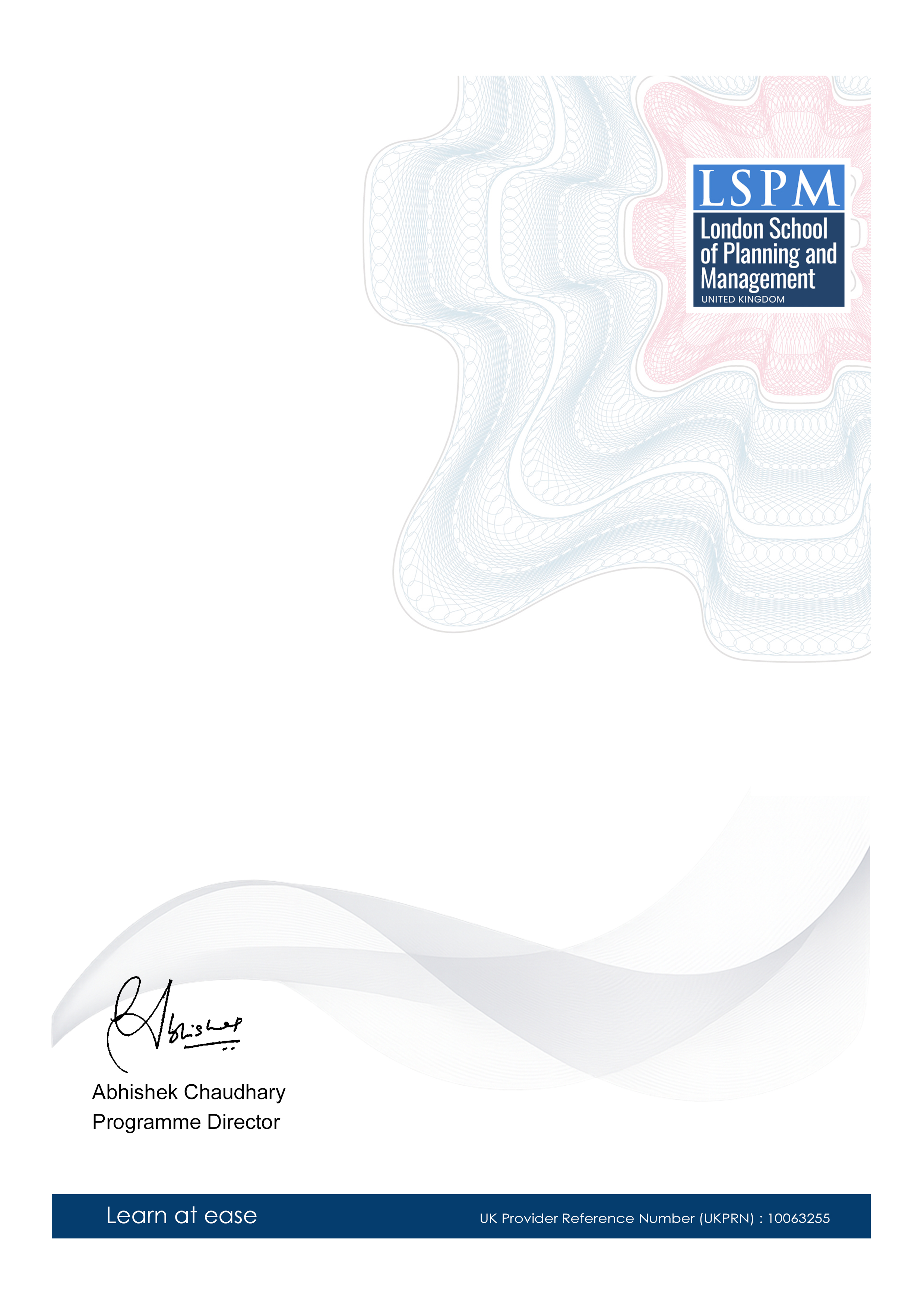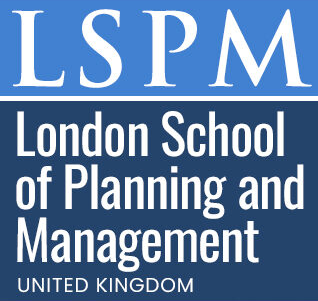Global Certificate Course in Crisis Leadership for Humanitarian Response
-- viewing nowThe Global Certificate Course in Crisis Leadership for Humanitarian Response is a comprehensive online program designed for individuals seeking to develop the skills necessary to effectively manage and respond to humanitarian crises. The course covers topics such as crisis management, leadership, communication, and coordination, providing participants with a well-rounded understanding of how to lead in times of crisis.
6,537+
Students enrolled
GBP £ 149
GBP £ 215
Save 44% with our special offer
About this course
100% online
Learn from anywhere
Shareable certificate
Add to your LinkedIn profile
2 months to complete
at 2-3 hours a week
Start anytime
No waiting period
Course details
Career path
Global Certificate Course in Crisis Leadership for Humanitarian Response
The Global Certificate Course in Crisis Leadership for Humanitarian Response is a comprehensive program designed to equip individuals with the necessary skills and knowledge to effectively manage and respond to humanitarian crises. The course covers topics such as crisis management, leadership, communication, and coordination, among others. Upon completion of the course, graduates will be well-prepared to assume leadership roles in humanitarian organizations, government agencies, and non-profits around the world.
Career Roles
Here are some of the career roles that graduates of the Global Certificate Course in Crisis Leadership for Humanitarian Response can pursue:
- Humanitarian Coordinator - Responsible for overseeing the overall management and coordination of humanitarian responses in crisis-affected areas. They ensure that relief efforts are effective, efficient, and meet the needs of affected populations.
- Emergency Response Manager - Oversees the planning, implementation, and evaluation of emergency response plans in crisis-affected areas. They work closely with local authorities, NGOs, and other stakeholders to ensure effective coordination and delivery of relief services.
- Disaster Risk Reduction Specialist - Focuses on reducing the impact of disasters by identifying risks and vulnerabilities, developing mitigation strategies, and promoting resilience among affected communities. They work to prevent or minimize the effects of disasters before they occur.
- Crisis Communications Specialist - Responsible for developing and implementing effective communication strategies during humanitarian crises. They ensure that accurate and timely information is disseminated to affected populations, media outlets, and other stakeholders.
- Humanitarian Logistics Specialist - Manages the logistical aspects of humanitarian responses, including the transportation, storage, and distribution of relief supplies. They ensure that relief efforts are well-coordinated and efficient.
Skills and Knowledge
Graduates of the Global Certificate Course in Crisis Leadership for Humanitarian Response will possess a range of skills and knowledge, including:
- Crisis management - The ability to anticipate, prepare for, and respond to humanitarian crises in a timely and effective manner.
- Leadership - The ability to inspire, motivate, and coordinate teams in high-pressure situations, as well as the ability to make difficult decisions under pressure.
- Communication - Excellent verbal and written communication skills, as well as the ability to communicate effectively with diverse stakeholders in crisis-affected areas.
- Coordination - The ability to coordinate multiple stakeholders and activities in a complex and fast-paced environment, ensuring effective collaboration and delivery of relief services.
- Analytical thinking - The ability to analyze complex situations, identify risks and vulnerabilities, and develop effective strategies to address them.
- Resilience - The ability to remain calm and focused under pressure, as well as the ability to support and promote resilience among affected communities.
Salary and Job Market Trends
The job market for humanitarian professionals is expected to grow in the coming years, driven by increasing global instability and the need for effective crisis response. Salaries for humanitarian professionals vary widely depending on factors such as location, experience, and organization type. However, on average, humanitarian professionals can expect to earn competitive salaries, with many opportunities for career advancement and professional growth.
Entry requirements
- Basic understanding of the subject matter
- Proficiency in English language
- Computer and internet access
- Basic computer skills
- Dedication to complete the course
No prior formal qualifications required. Course designed for accessibility.
Course status
This course provides practical knowledge and skills for professional development. It is:
- Not accredited by a recognized body
- Not regulated by an authorized institution
- Complementary to formal qualifications
You'll receive a certificate of completion upon successfully finishing the course.
Why people choose us for their career
Loading reviews...
Frequently Asked Questions
Course fee
- 3-4 hours per week
- Early certificate delivery
- Open enrollment - start anytime
- 2-3 hours per week
- Regular certificate delivery
- Open enrollment - start anytime
- Full course access
- Digital certificate
- Course materials
Get course information
Earn a career certificate

